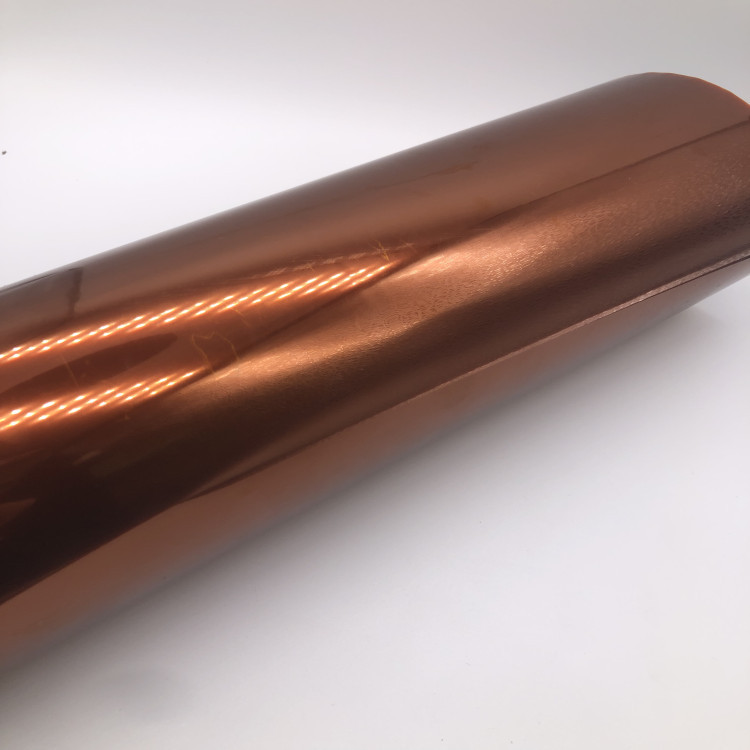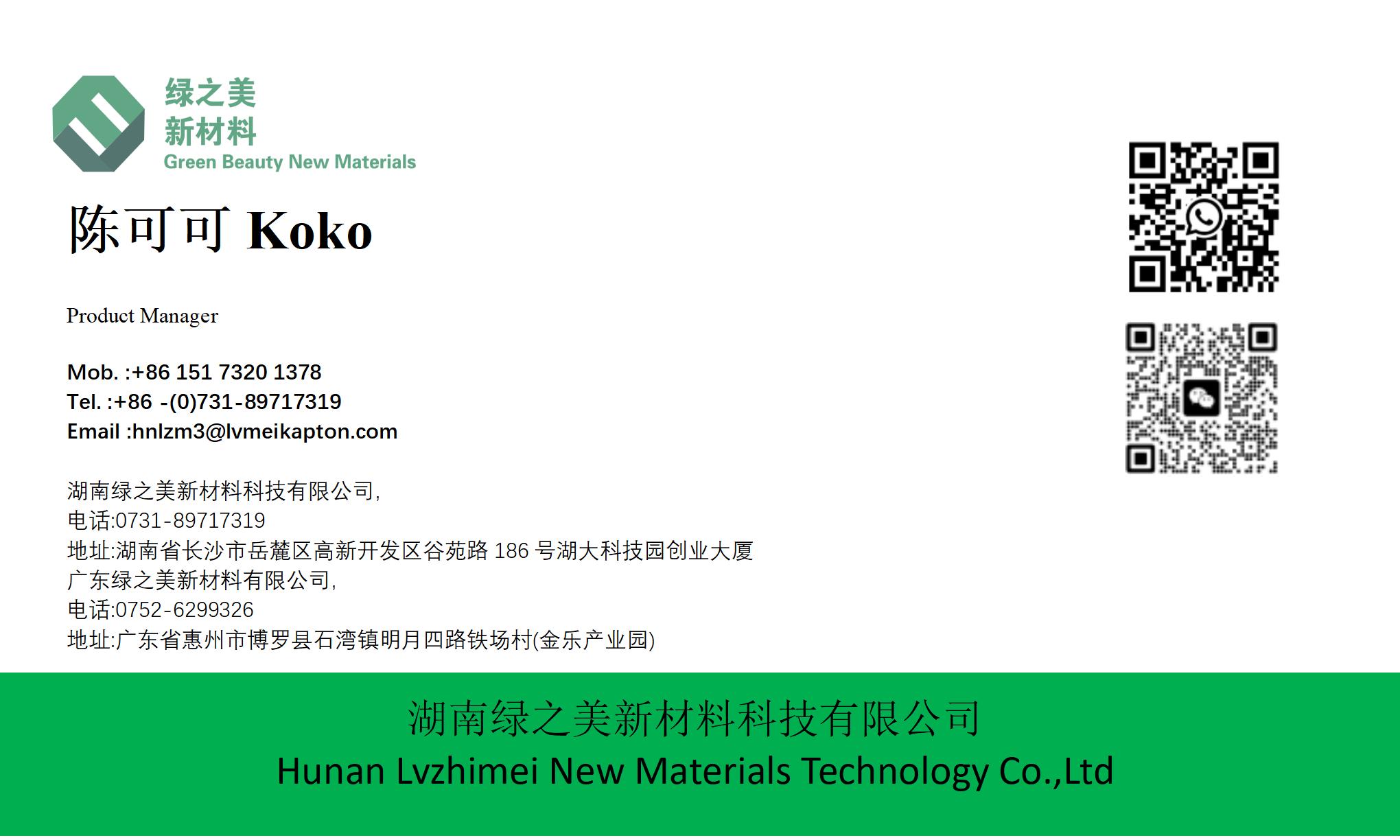hnlzm@lvmeikapton.com
+86 13787123465


Hunan Lvzhimei New Material Technology Co., Ltd.


NameDescriptionContent
Which Polyimide Tape is Best for High-Temperature Gold Finger Applications? |https://www.lvmeikapton.com/
Source:
|
Author:Koko Chan
|
Published time: 2025-10-23
|
49 Views
|
Share:
High-temperature environments push materials to their limits. In electronics manufacturing, gold finger processes often exceed 300°C. Clients visiting Hunan Lvzhimei frequently ask: Which polyimide tape is best for high-temperature gold finger applications? This article provides a technical comparison and our recommended solutions.
Which Polyimide Tape is Best for High-Temperature Gold Finger Applications? |https://www.lvmeikapton.com/
High-temperature environments push materials to their limits. In electronics manufacturing, gold finger processes often exceed 300°C. Clients visiting Hunan Lvzhimei frequently ask: Which polyimide tape is best for high-temperature gold finger applications? This article provides a technical comparison and our recommended solutions.
Evaluating Key Performance FactorsWhen selecting a tape for high-temp use, consider:
●
Continuous Use Temperature: Must exceed 350°C.
●
Thermal Decomposition Point: Should be above 500°C.
●
Adhesive Stability: Silicone must not carbonize.
●
Dimensional Stability: No shrinking or warping.
Comparing Material Options
Tape Type | Max Temp | Pros | Cons |
Standard Polyimide | 360°C | Good balance of cost/performance | Limited for lead-free soldering peaks |
Kapton HN/EN | 400°C | Superior thermal stability | Higher cost |
Modified Polyimide (Hunan Lvzhimei HL-T800) | 450°C | Enhanced with ceramic fillers | Patented, exclusive to us |
PTFE Tape | 260°C | Chemical resistance | Poor adhesion, melts at high temp |
Our Flagship Solution: HL-T800 High-Temp TapeDeveloped in-house, HL-T800 is engineered for extreme conditions:
●
Film: 50% thicker than standard, with cross-linked polyimide.
●
Adhesive: High-purity silicone with thermal stabilizers.
●
Performance: Survives 10 cycles of 450°C for 60 seconds with no residue.
During client visits, we simulate reflow ovens to demonstrate its resilience.
Case Study: Automotive Electronics ClientA German client producing EV control units faced delamination issues with standard tapes. After switching to HL-T800, their yield improved from 88% to 99.2%. The tape withstood multiple soldering steps without failure.
Application Best PracticesWe advise clients to:
●
Apply tape at 25°C for optimal adhesion
●
Use roller pressure to eliminate air bubbles
●
Store tapes in dry conditions (<40% RH)
Why Kapton-Based Tapes DominateKapton’s molecular structure provides inherent thermal stability. Our enhancements push it further. While alternatives exist, none match the holistic performance of Kapton-derived solutions.
Future-Proofing with Smart TapesWe are developing tapes with embedded thermochromic indicators—changing color if overheated, providing visual process control.
In summary, for high-temperature gold finger applications, the best polyimide tape is one that combines proven materials with innovative engineering—exactly what Hunan Lvzhimei delivers.

.jpg)
Material | Temperature Resistance (°C) | Flexibility | Chemical Resistance | Electrical Insulation |
PI Tape | Up to 300°C | High | Excellent | Excellent |
Ceramic Tape | Up to 1000°C | Low | Good | Good |
Glass Cloth Tape | Up to 500°C | Medium | Good | Good |
Aluminum Foil Tape | Up to 200°C | Low | Fair | Poor |


Hunan Lvzhimei New Material Technology Co., Ltd.
Quick Links
Product Categories
© 2024 Hunan Lvzhimei New Material Technology Co., Ltd.All Rights Reserved. Designed by Erge
0731 - 89717319
hnlzm@lvmeikapton.com
+86 13787123465
Room 502, Chuangye Building, No186, Guyuan Road, High-Tech District, Changsha, Hunan, China
CONTACT



